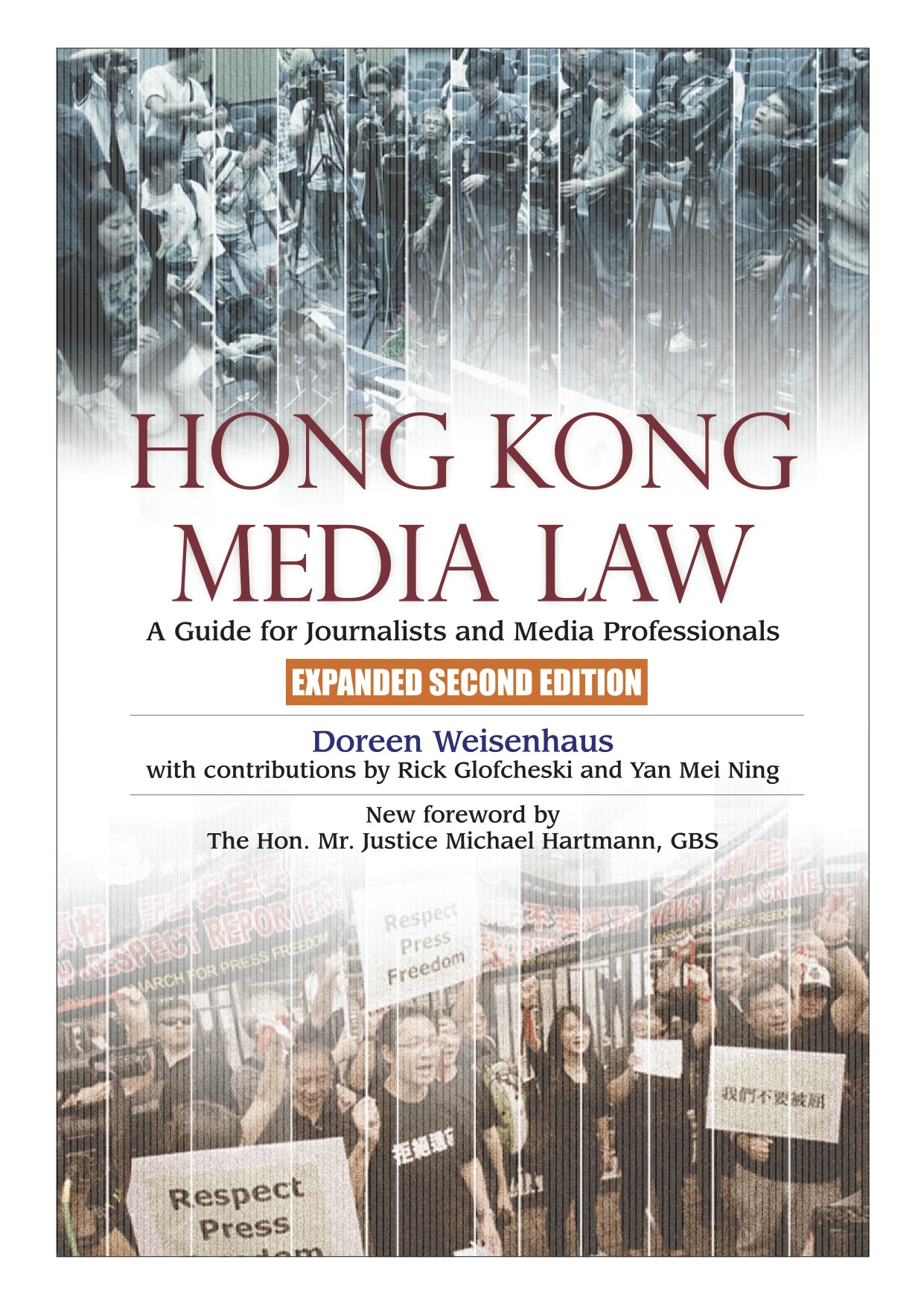May 8, 2015 — The PRC central government has published the second draft of its national security laws which for the first time specifically mentioned that the Hong Kong government has the responsibility to ensure national security.
The draft came at a time when mainland and Hong Kong government officials alike were warning of a growing sentiment of independence in Hong Kong.
The document did not specifically spell out any threats of separatism. But it stated that the people of Hong Kong, Macau, Taiwan and the mainland share the same aspiration and duty to protect the nation’s sovereignty and territorial integrity.
The draft also stated that local governments should manage national security in accordance with the law and that the governments of Hong Kong and Macau have the responsibility to ensure national security.
The draft was tabled for a second reading by the Standing Committee of the National People’s Congress in April. It is published online for public consultation until June 5. It is expected that the NPC will act on the bill in 2016, possibly as early as March.
China’s first national security law, which took effect in 1993, did not touch on Hong Kong. It was renamed the Counter-espionage Law in 2014. (“China approves security law emphasizing counterespionage,” New York Times, 2 Nov 2014)
According to International Business Times: The draft law represents a significant expansion of China’s previous counterespionage law, which it replaces. It’s been seen by experts as reflecting the desire of President Xi Jinping to get a clear grip on both domestic and international security issues, with the government seeing a range of potential threats at home and abroad. The wide-ranging draft not only talks about guaranteeing citizens’ welfare, and “sustainable and healthy” social and economic development, but also calls for protecting “core socialist values,” ensuring “cultural security” and combating the influence of “harmful moral standards.”
A partial English translation provided by the South China Morning Post:
Proposed Article 11 of the draft states: “China’s sovereignty and territorial integrity brook no division. Safeguarding China’s sovereignty and territorial integrity is the common obligation of all Chinese people, including people in Hong Kong and Macau as well as Taiwan.”
Proposed Article 36 states: “The Special Administrative Region of Hong Kong and the Special Administrative Region of Macau must fulfil their responsibility to safeguard national security.”
“Beijing publishes security laws that mention HK,“ RTHK, 8 May 2015.
“New draft of China’s national security law for first time highlights Hong Kong’s responsibilities,” South China Morning Post, 7 May 2015
National Security Law (Second Draft), Chinese language
Unofficial English translation, China Law Translate
“Under national security law, Hong Kongers free to call for an end to Communist Party’s dictatorship: Elsie Leung,“ South China Morning Post, 10 May 2015
